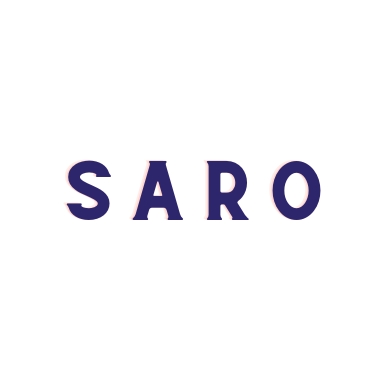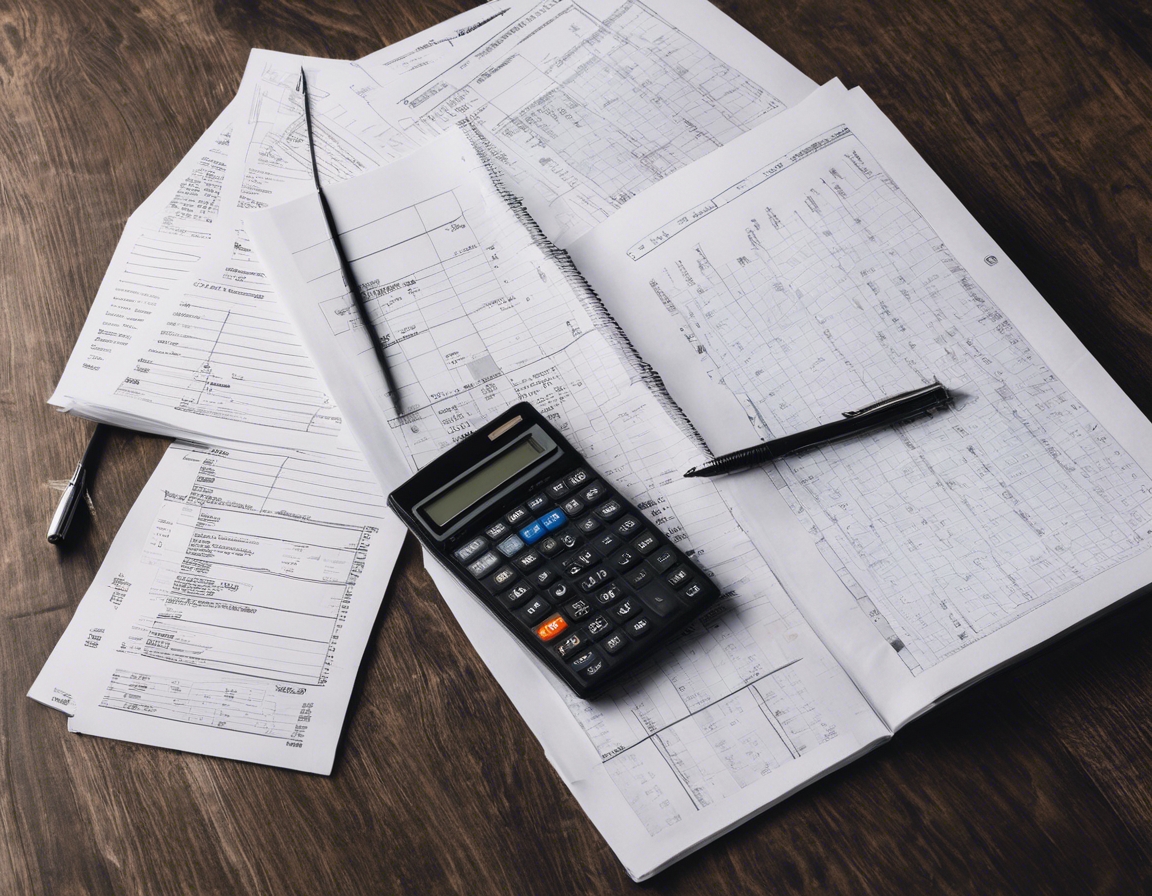The ultimate guide to apartment association accounting
Apartment association accounting is a specialized field that deals with the financial management of residential communities. It involves tracking income, expenses, and capital improvements, as well as ensuring compliance with legal and financial regulations. This type of accounting is crucial for maintaining the financial health of the association and providing transparency to its members.
Accurate accounting is essential for making informed decisions, planning for future expenses, and avoiding legal complications. It also fosters trust among members, who expect their contributions to be managed responsibly.
Setting Up Your Accounting System
With a variety of accounting software available, it's important to select one that fits the specific needs of your apartment association. Consider factors such as user-friendliness, reporting capabilities, and integration with other management tools.
The chart of accounts is a critical component of your accounting system, categorizing all transactions into assets, liabilities, equity, income, and expenses. A well-organized chart of accounts ensures accurate financial tracking and reporting.
Internal controls are policies and procedures designed to protect the association's assets, prevent fraud, and ensure the integrity of financial information. Examples include segregation of duties, regular reconciliations, and approval processes for expenditures.
Financial Management for Apartment Associations
Creating an annual budget is a key responsibility of the association's board. It should reflect anticipated income from dues and assessments, as well as planned expenses for maintenance, repairs, and reserves for future capital projects.
Member dues and assessments are the primary source of income for apartment associations. Efficient systems for billing, collecting, and tracking these payments are vital for the association's financial stability.
Apartment associations incur various expenses, from routine maintenance to emergency repairs. Establishing procedures for approving, recording, and paying vendor invoices is essential for accurate financial management.
Reporting and Compliance
Regular financial reports provide a snapshot of the association's financial status and are important for ongoing management and member communication. These should include balance sheets, income statements, and budget comparisons.
Periodic audits and reviews by an independent accountant can help ensure the accuracy of financial records and provide assurance to members that their funds are being properly managed.
Apartment associations must comply with various legal and tax obligations. Understanding these requirements and maintaining proper records is crucial to avoid penalties and ensure the association's good standing.
Best Practices in Apartment Association Accounting
Transparency in financial dealings builds trust with members. Regular communication about the association's financial status, including the sharing of financial reports, is a best practice.
Planning for the long-term financial health of the association involves establishing reserve funds, considering future capital improvements, and regularly reviewing financial policies.
Many apartment associations choose to outsource their accounting functions to professional firms. This can provide access to expertise, reduce the burden on volunteer board members, and ensure consistent, professional financial management.






Comments (0)